1. Observe and Interact
Beauty is in the eye of the beholder
Nature’s Lesson: Nature doesn’t rush—it adapts through observation.
UK Example: Watch how native hedgerows support birds and insects before planting a garden.
East Africa: Observe seasonal rains and animal grazing patterns to plan crop rotations.
Key: Slow, mindful observation prevents wasted effort.
2. Catch and Store Energy
Make hay when the sun shines
Nature’s Lesson: Nature never wastes energy (sun, water, biomass).
UK: Install rainwater barrels or compost autumn leaves for soil fertility.
East Africa: Use sun-drying for food preservation or solar panels for off-grid energy.
Key: Harness abundant, fleeting resources (e.g., rain, sunlight).
3. Obtain a Yield
You can’t work on an empty stomach
Nature’s Lesson: Ecosystems produce surplus (fruit, seeds, biomass).
UK: Grow perennial herbs/fruit trees for year-round harvests.
East Africa: Plant fast-yielding crops like beans alongside slower-growing trees (e.g., mango).
Key: Design for immediate and long-term yields.
4. Apply Self-Regulation & Accept Feedback
The sins of the fathers are visited upon the 7th generation
Nature’s Lesson: Overconsumption leads to collapse (e.g., overgrazing).
UK: Limit lawn space to grow food instead, reducing dependency on imports.
East Africa: Practice rotational grazing to prevent soil degradation.
Key: Work within limits; let nature’s feedback guide you.
5. Use & Value Renewable Resources
Let nature take its course
Nature’s Lesson: Nature runs on sunlight, not fossil fuels.
UK: Use coppiced willow for fencing/garden structures.
East Africa: Build with bamboo or mud instead of concrete.
Key: Renewables build resilience (vs. finite resources).
6. Produce No Waste
Waste not, want not
Nature’s Lesson: In nature, “waste” = food (leaf litter → soil).
UK: Kitchen scraps → compost; reuse jars for storage.
East Africa: Crop residues as livestock feed or mulch.
Key: Close the loop—waste is a design flaw.
Summary:
These principles mirror nature’s patterns: observe first, harness energy wisely, share abundance, adapt to limits, use renewables, and recycle everything. Whether in a UK allotment or an East African shamba, they’re universal lessons from the land.
Activity Idea: Have students spot examples of these principles in their local landscape (e.g., a compost heap = Principle 6, a birdhouse = Principle 2).
Here are the same statements in Swahili
Here are Holmgren’s permaculture principles translated into Swahili, along with culturally relevant examples for East Africa (while keeping the UK connections for comparison):
1. Angalia na Kushirikiana (Observe and Interact)
Swahili Saying: "Uzuri wa kitu huonekana kwa mtazamaji."
(“Beauty is in the eye of the beholder.”)
Mfano (East Africa): Kuchungua mifumo ya maji ya mvua kabla ya kupanda mimea.
UK Example: Watching bird migrations to time seed-planting.
2. Shakilia na Hifadhi Nishati (Catch and Store Energy)
Swahili Saying: "Fanya hayawi wakati wa jua."
(“Make hay while the sun shines.”)
Mfano: Kukusanya maji ya mvua kwa matumizi ya msimu wa kiangazi.
UK: Solar panels on rooftops to store summer sun for winter.
3. Pata Mavuno (Obtain a Yield)
Swahili Saying: "Hutoweza kufanya kazi kwa tumbo lisilokula."
(“You can’t work on an empty stomach.”)
Mfano: Kupanda mahindi na mbaazi pamoja (intercropping) kwa mavuno ya haraka na ya baadaye.
UK: Growing radishes (fast) with carrots (slow).
4. Jidhibiti na Kukubali Maoni (Self-Regulate & Accept Feedback)
Swahili Saying: "Dhambi za wazazi hulipwa na watoto."
(“The sins of the fathers are visited on the children.”)
Mfano: Kupunguza ufugaji wa mifugo kwenye nyanda kavu kuepusha ukame.
UK: Reducing pesticide use after noticing pollinator decline.
5. Tumia na Thamani Rasilimali Zinazorudiwa (Use Renewable Resources)
Swahili Saying: "Acha mazingira yatakase yenyewe."
(“Let nature take its course.”)
Mfano: Kupikia kwa mkaa wa biofuel (kutoka kwa mboji) badala ya kuni za misitu.
UK: Using wind turbines instead of coal power.
6. Usitenge Takataka (Produce No Waste)
Swahili Saying: "Usipoteze, hutahitaji."
(“Waste not, want not.”)
Mfano: Mataka ya chakula kuwa chakula kwa kuku au komposti.
UK: Turning Fallen Leaves into Mulch for Gardens.
Bonus: Cultural Connections
Swahili Proverbs: Many of Holmgren’s sayings align with Swahili mithali (proverbs), like "Mvumilivu hula mbivu" (“The patient one eats ripe fruit”) for Principle 1.
UK/East Africa Link: Both cultures traditionally valued renewable resources (e.g., thatched grass roofs in the UK vs. makuti on the Swahili coast).
Activity Idea: Ask students to share local proverbs that mirror these principles!


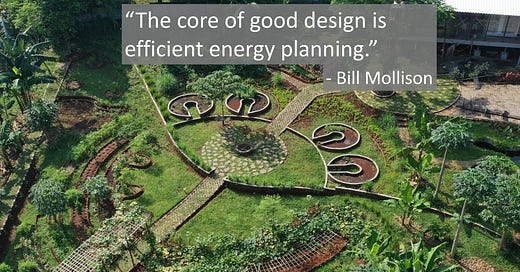


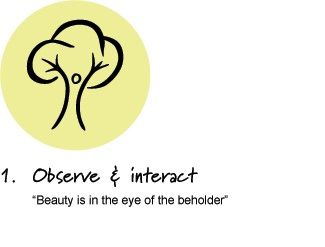
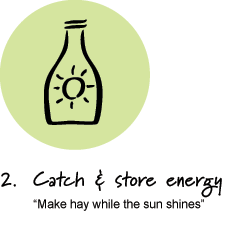

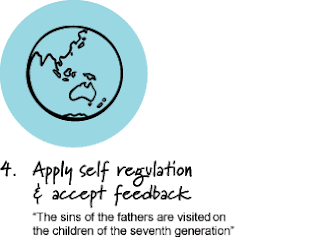
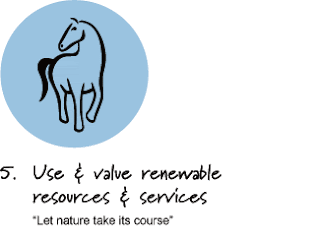
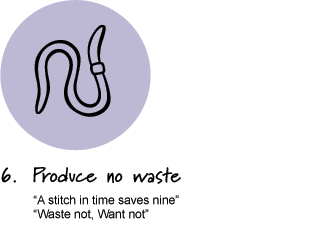







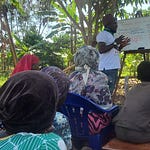
Share this post